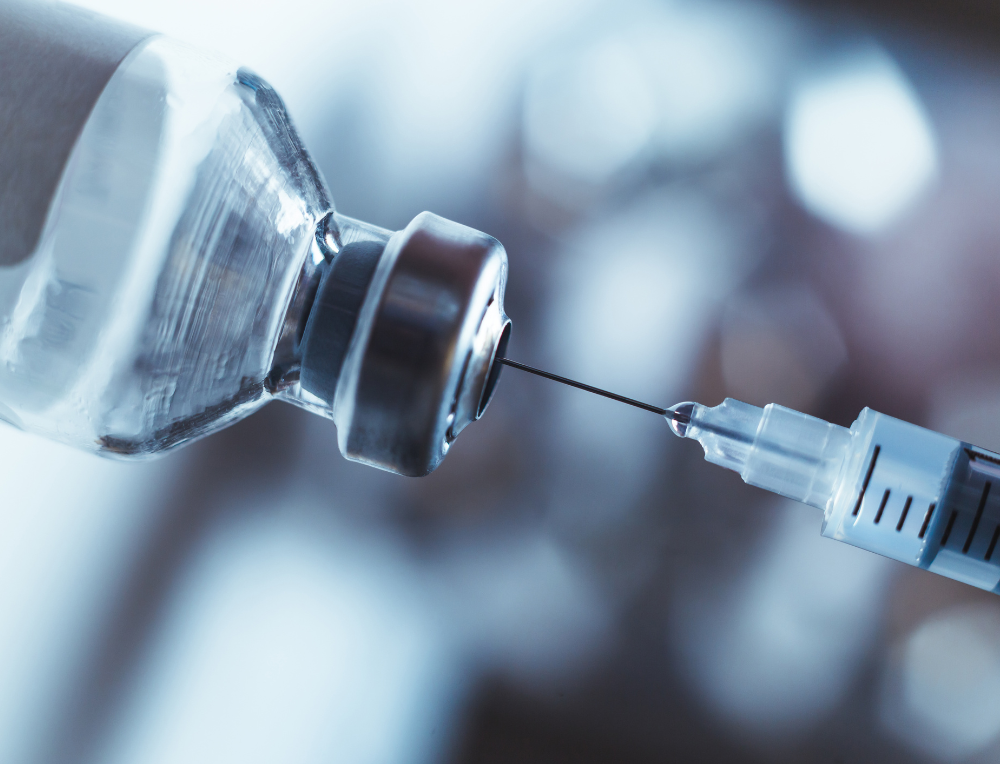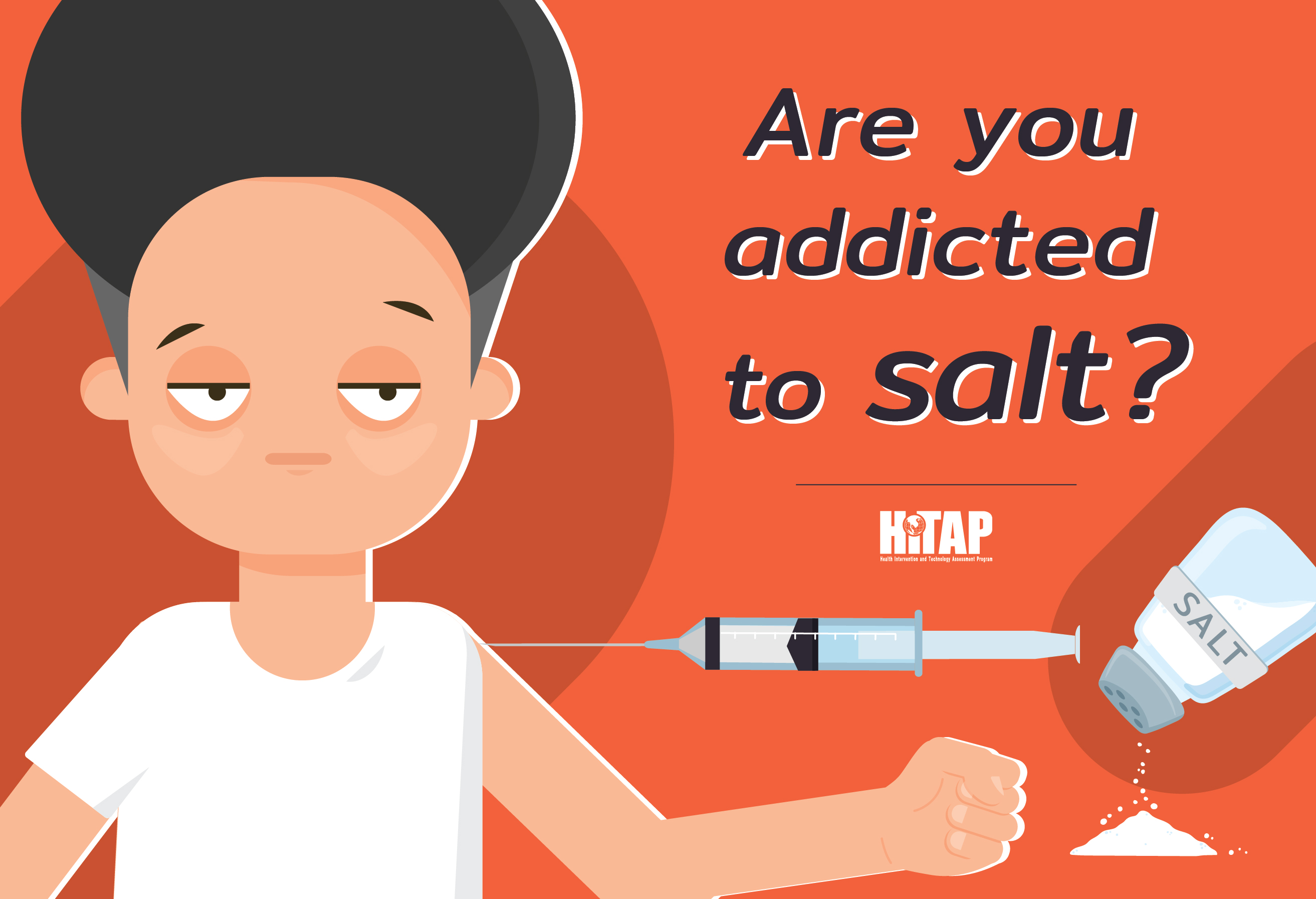Overcoming Barriers: Financing and Service Delivery for Vaccination in Fragile and Conflict-Affected States


If we raise the word “addiction” to you, what are the things you are thinking of? Ecstasy? Methamphetamine? Cannabis? That is true. Addiction normally refers to drug addiction or substances that we take into our body and cause desire to retake it again. Addiction also harms both physical and mental systems, but it’s not easy to stop hurting yourself due to the strong desire it creates to our mind. However, we are not discussing about drug addiction today. This stuff causes desire like drugs and also harms our body. It is unexpectedly legal and taken into our body every day!
IT IS SALT!
The reason why we can be addicted to salt is because it triggers our brain to release dopamine. This hormone is the stimulus of happiness. Though it makes us happy while eating, the excessive intake amount could possibly kill us too.
Sodium is a component in most of the salty food such as salt, fish sauce, soy sauce, instant noodle and seasonings. When sodium comes into our body, it is absorbed into the bloodstream. Sodium helps control fluid balance both inside and outside blood vessels. Higher sodium in a specific part of body causes more water quantity in that area due to its ability to attract the molecule of water. If that occurs in the bloodstream, more water will be retained in the blood vessels and creates higher pressure.
High blood pressure or “hypertension” is the inception of disasters in our body.
High blood pressure which is being mentioned does not include temporary ones after intense exercises. It will become a big deal when you sit still and have your blood pressure of 140/90 mmHg. This means your heart is working so hard to deliver blood to your entire body that it ruins blood vessels and/or other related organs. At the end of the day, those organs will become “sick” or “worn out”.
Besides hypertension, excessive sodium intake also leads to cardiovascular disease, cerebrovascular disease, chronic kidney disease, etc.
Despite these facts, it seems like people are still consuming much salt.
This fight is not easy because we have to fight happiness, and we are normally defeated. That is a reason why Thai population have an average amount of daily sodium intake at 3-4 grams. It does not sound significant until it is compared to the WHO’s recommended sodium intake amount at 2 grams per day. That is almost the double!
Additionally, hypertension is the second most common cause of Thai mortality, after cigarettes, with the death toll of 52,318 lives in 2014.
HITAP has explored a number of international researches related to sodium reduction policies to compare, analyse and summarise the data for policy recommendation in Thailand.
After a half-year research, HITAP’s researchers have found that all international policies which have been studied are cost-saving in the Thailand setting.
Those policies – sodium taxation, mandatory reformulation, voluntary reformulation, food labelling, and health communication – are cost-saving as they could save many lives and the total costs of every policy are remarkably lower than the cost spent on patients with sodium-related diseases.
Comparing the estimated cost and outcome over a 10-year period:
Sodium taxation has the policy cost at 3 million THB with the ability to avert 110,173 deaths from sodium-related diseases.
Mandatory reformulation has the policy cost at 10 million THB with the ability to avert 109,053 deaths from sodium-related diseases.
Voluntary reformulation has the policy cost at 10 million THB with the ability to avert 75,578 deaths from sodium-related diseases.
Food labelling has the policy cost at 62 million THB with the ability to avert 83,244 deaths from sodium-related diseases.
Health communication has the policy cost at 27 million THB with the ability to avert 119,208 deaths from sodium-related diseases.
While having no sodium intake reduction policy, the government have to spend 2.28 billion THB for the total cost of sodium-related diseases, including direct medical cost and direct non-medical cost.
HITAP research team proposes that the government should start implementing these first 3 policies – sodium taxation, mandatory reformulation, and health communication – simultaneously to optimise the result of sodium intake reduction campaign.
But for the best result, everyone should control oneself for the better health.
Reference
https://www.ncbi.nlm.nih.gov/pmc/articles/PMC2491403/
https://www.hfocus.org/content/2018/11/16544
http://thaincd.com/2016/media-detail.php?id=8363&tid=&gid=1-026